Finding out your child has hurt or is hurting another child is really upsetting. It’s unlikely your child will tell you about it, so chances are you’ll hear it from someone else, like their school or another parent, or you may spot bullying behaviour yourself. Either way, you may feel shocked, disappointed, angry or frustrated, and you may not want to believe it. But there are lots of things you can do to support your child through this and help to make things better.
What are the signs my child may be bullying?
Some signs to look out for include if your child:
- regularly talks in a negative, dismissive or aggressive way about other children
- has money, toys or electronic goods that you don’t recognise and don’t know where they came from
- is secretive about what they’re doing online
- excludes other children from their friendship group.
These signs don’t necessarily mean your child is bullying, but it’s a good idea to talk to them just in case.
How do I talk to my child about bullying?
If you’re worried that your child is bullying another child, the first thing to do is talk to them about their behaviour and ask for their side of the story. Children sometimes argue or fight, so it may be a misunderstanding. For example, they may have done something to upset another child by accident, or they may have lost their temper but feel genuinely sorry for what they’ve done.
If it seems that bullying is involved, this can be really upsetting, but try to stay calm. And try not to blame them or call them a ‘bully’. They may not even realise that what they’re doing is seen as bullying – they may just think they’re having a laugh, or doing what their friends are doing so they fit in.
You could ask them how they think the other child is feeling, and how they’ve felt when someone has said or done something mean to them. It may help to look at some of Childline’s information on bullying together.
Once you explain how their actions are hurting people and that this is not okay, they may stop straightaway.
Why is my child bullying?
If your child is bullying another child, this doesn’t mean they’re ‘bad’. Try not to think of them as a ‘bully’, but as a child who’s displayed bullying behaviour. And there may be a reason for this. For example:
- they may be acting out to get attention
- they may be struggling with difficult emotions
- they may feel bad about themselves, and be taking it out on others
- they may be trying to fit in, or joining in so that they don’t get bullied themselves
- they may be being bullied, or have been bullied in the past.
If you can work out why your child is behaving like this, it may help you decide what to do next.
What to do if you discover your child is bullying
Finding out your child is bullying is never going to be easy, but there are things you can do to make the situation better.
Tip #1: Encourage them to talk about their feelings
Your child may be bullying others because they’re unhappy or upset about something. So try to encourage them to talk about how they’re feeling. If they don’t want to talk, let them know you’re always there if they change their mind. It may take a while for them to open up to you.
You could also suggest that they talk to another trusted adult, like another family member, a teacher or a counsellor at school.
Our pages on encouraging your child to confide in and talking and listening to your teen have more suggestions.
Tip #2: Help them build up their confidence
If your child is bullying others because they feel bad about themselves, you could talk to them about how making other people feel small and powerless doesn’t make us big and powerful, it just makes us mean. Our pages on helping to build up your child’s confidence and your teen’s self-esteem suggest ways you can help your child to grow in confidence without resorting to bullying.
Tip #3: Help them stand up to peer pressure
If your child is joining in with bullying to avoid being bullied themselves, you could talk to them about peer pressure. If the situation is linked to school or to a club or other activity, you should also talk to the school or the person in charge of the club.
Tip #4: Encourage them to have an open mind
If they’re bullying someone because they or their family are different to them, you can help them learn to be more understanding and inclusive. These pages all have tips to help you talk to your child about differences and encourage them to be more tolerant:
Tip #5: Discuss the consequences of their actions
It’s important for children to understand that their actions have consequences. So try and find an appropriate way for your child to make amends for their behaviour. If they’re older, you could talk about this with them and make a plan together to put things right. For example this could include things like:
- asking them to apologise to the child they’ve been bullying and do something nice for them
- reducing their screen time and limiting what they can watch or play, if they’ve been bullying someone online, or you think they’re being influenced by things they’re seeing or watching online
- limiting their activities (like going to parties or sleepovers).
Tip #6: Help them find new ways of coping with their emotions
Your child may be acting out because they’re struggling to deal with their feelings. Encouraging them to find ways of coping with big feelings will help them feel more in control, and less likely to take their anger, frustration or unhappiness out on someone else.
For younger children, you could try using colours or emojis to talk about their emotions or worries. This will help them understand what they’re feeling, which will then help them to control their behaviour. You may find this emotion wheel useful – it can be used by children of all ages to help them identify how they’re feeling.
Our page on helping children deal with worries has more tips for supporting your child to deal with their emotions, and you can also find suggestions on the BBC’s CBeebies Parenting website.
For older children and teens, our page on helping teens develop resilience has tips to support them to cope with the ups and downs of their emotions and the situations they may find themselves in. You might want to have a look at this information from Childline together, while YoungMinds also have some helpful advice on supporting teens to cope with anger.
Tip #7: Keep an eye on them
Try to keep a close eye on your child. For example, if they’ve been bullying another child online, you may want to monitor what they do on their devices more closely. Talk to them regularly about what they’re up to, how they’re feeling, what’s acceptable and what’s not, and praise them if they show positive behaviours.
What if my child is bullying others at their school?
If your child has been bullying another child at their school, the school may well get involved. While of course you want to protect your child and help them avoid getting into trouble, it’s important to work with the school to sort the situation out.
The school should have an anti-bullying policy setting out their procedure for looking into cases of bullying. This could involve:
- talking to your child about the situation and listening to their side of the story
- meeting with you to discuss the situation
- arranging for your child to meet with the other child or children with a guidance teacher or counsellor to talk through the situation and find a positive way to repair the situation and move forward (this is called ‘restorative justice’)
- assigning your child a mentor or buddy – an older pupil who can help support them.
If the situation doesn’t get better, the school may consider taking further action, like removing privileges or even suspending or excluding your child, although this will only happen as a last resort if there is no other option available.
What if the behaviour doesn't stop?
If you don’t see any improvement in your child’s behaviour, you may need to take further steps. If you don’t, it could eventually end up having serious consequences for your child, like getting excluded from school or getting into trouble with the police.
It may help for your child to see a counsellor, to help them manage their emotions. You can try:
- talking to their school about the situation and arranging for them to see a counsellor in school
- talking to your GP, who may also be able to recommend a counsellor in your area.
Where to get help and support
If you need someone to talk to at this difficult time, Children 1st's support line is here for you and your family.
 Activities & Play
Activities & Play Behaviour
Behaviour Childcare
Childcare Development & Growing Up
Development & Growing Up Family, Friends & Relationships
Family, Friends & Relationships Feeding Your Baby
Feeding Your Baby Food & Eating
Food & Eating Health & Safety
Health & Safety Mental Health & Wellbeing
Mental Health & Wellbeing Money & Work
Money & Work Online Behaviour & Safety
Online Behaviour & Safety Pregnancy & First Days
Pregnancy & First Days School & Education
School & Education Sleep
Sleep


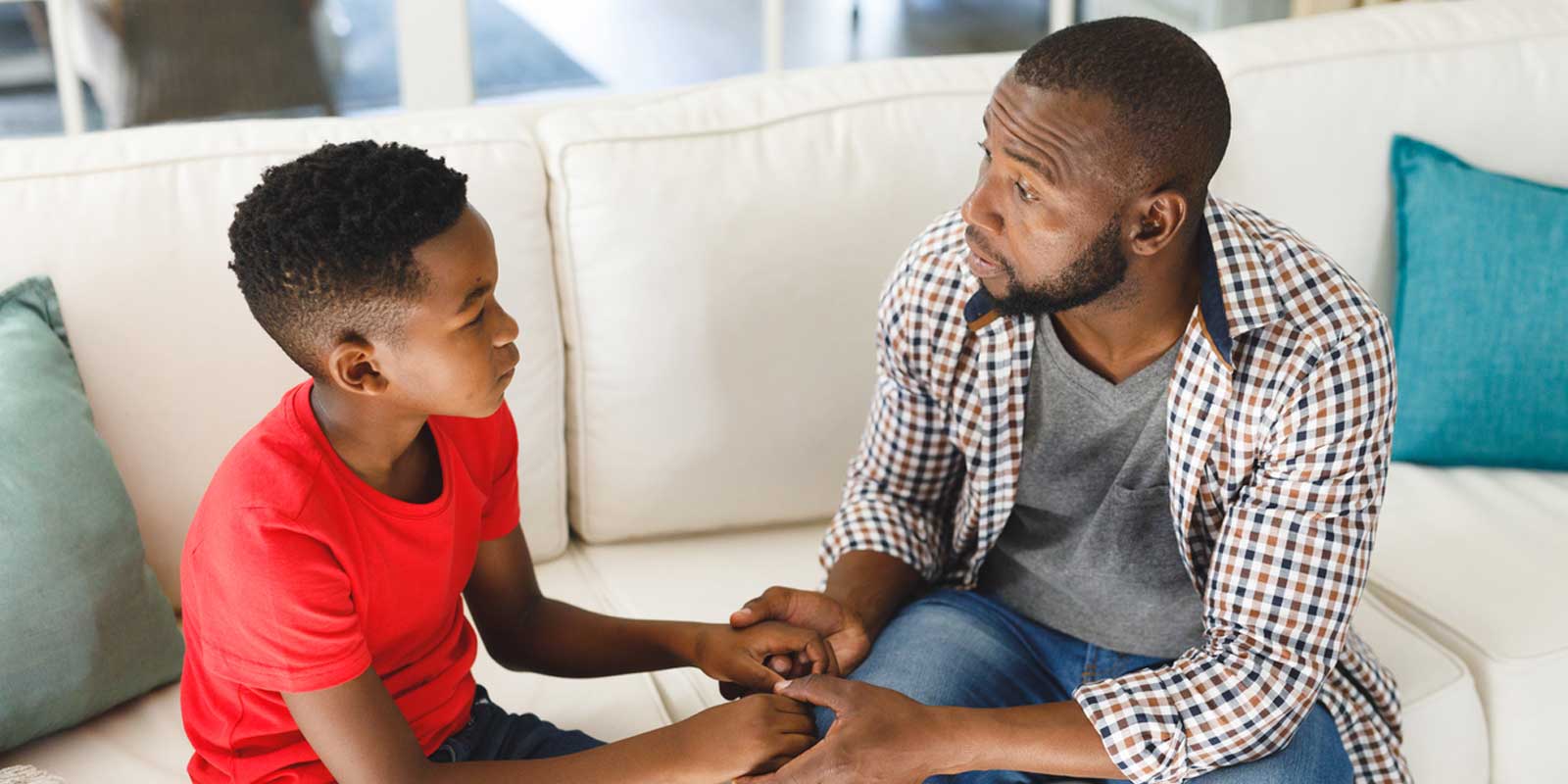
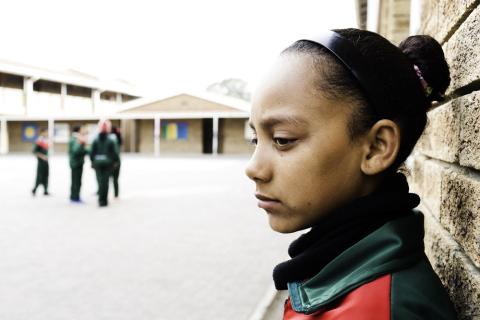
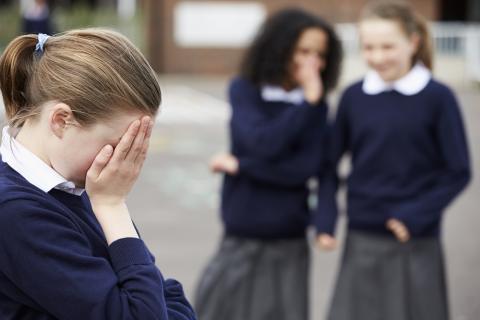
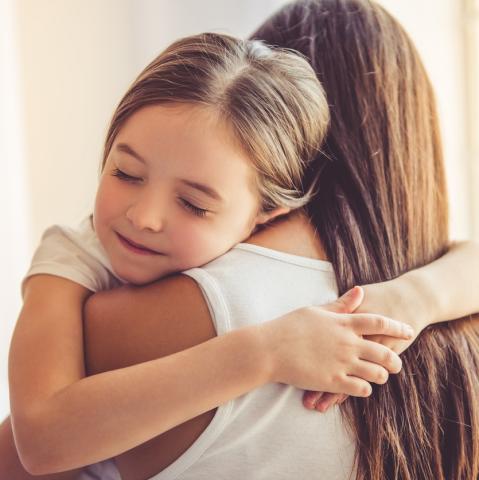
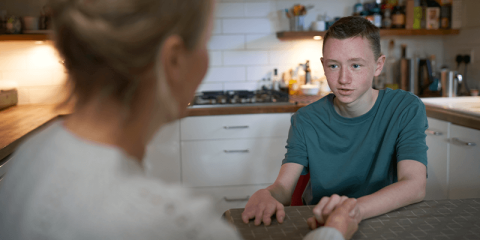
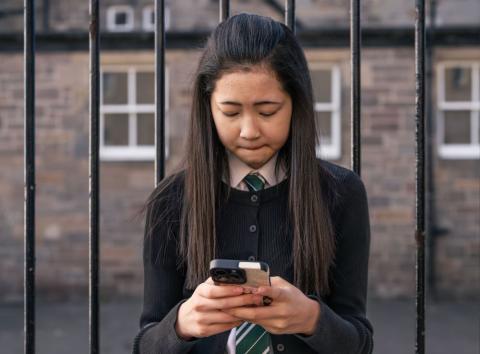
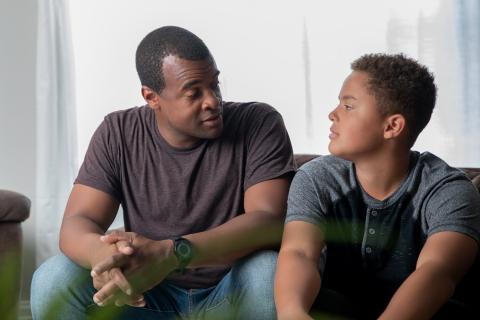
 Mental Health & Wellbeing
Mental Health & Wellbeing
 Family, Friends & Relationships
Family, Friends & Relationships